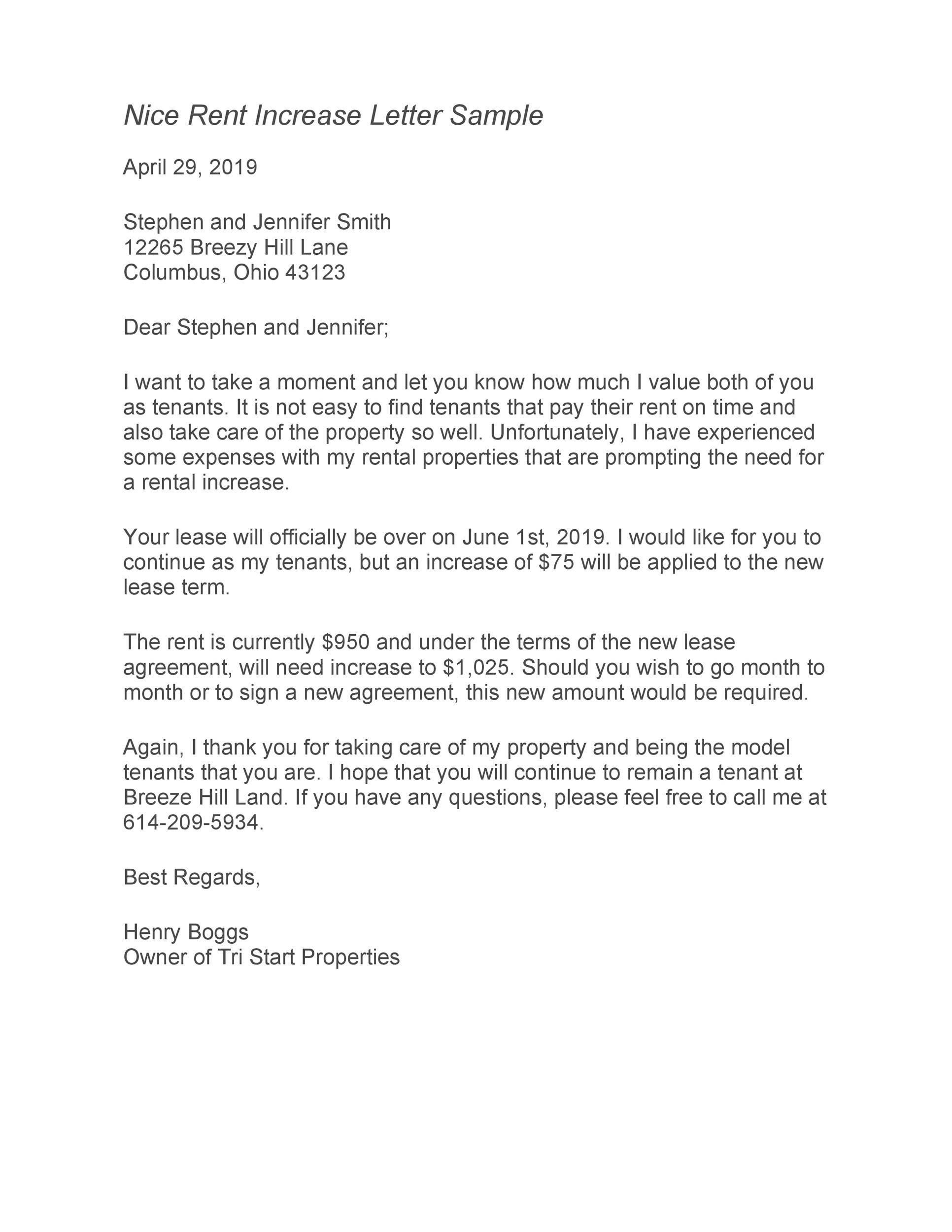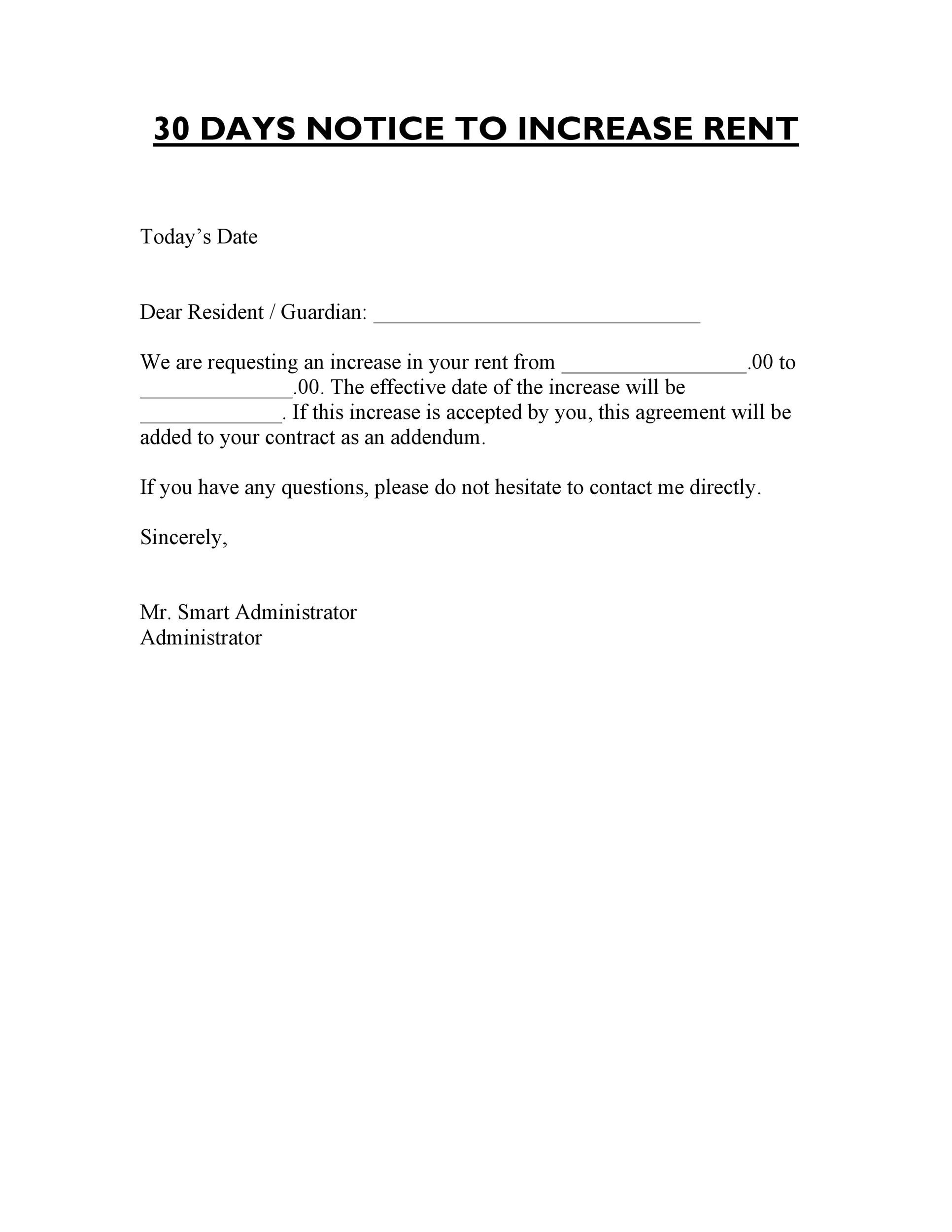The rental industry is consistently changing, which makes it essential for landlords to keep up-to-date with best techniques and legitimate requirements. In regards to raising lease, supplying a landlord rent increase letter to tenants is not only a courtesy—it's a legitimate prerequisite to make certain transparency and submission with hire laws. That website highlights the key legal factors landlords have to bear in mind when giving a rent improve letter to tenants.
Knowledge Rent Raise Regulations
Lease regulations can vary significantly according to spot, so landlords should familiarize themselves with regional regulations. Critical areas to research contain:
Observe Period Demands: Many jurisdictions mandate a certain detect time before a book raise can be implemented. Like, Colorado legislation requires landlords to provide a 30-day detect for increases significantly less than 10% and a 90-day recognize for larger increases.
Lease Get a handle on Regulations: Parts with lease get a handle on plans impose restricts on what significantly landlords can improve rent. Cities such as for example New York, Los Angeles, and San Francisco have strict limits on lease hikes.
Lease Agreement Provisions: Lease agreements often outline the phrases below which lease may be increased. Landlords must evaluation these phrases before making adjustments.

Talking with Tenants
A well-crafted book raise letter not merely outlines the new phrases but additionally assists keep an optimistic landlord-tenant relationship. The page will include:
Clear and Brief Facts: Specify the existing rent amount, the new rent total, and the efficient date. Avoid hazy language to prevent misunderstandings.
Thinking for the Improve: While not legitimately needed in most areas, explaining the explanation behind the raise (e.g., growing property taxes, preservation costs) fosters trust and understanding.
Paperwork Submission: Assure the letter meets formatting and delivery requirements, such as being published in apparent language and sent via an accepted process (e.g., licensed mail, hand-delivered with acknowledgment).
Timing Is Every thing
Time represents a crucial position in book increases. Sending the letter also late can break local regulations, while giving it too early may produce needless tension. To strike the right harmony:
Regard the Lease Schedule: For fixed-term leases, lease increases may often just occur once the lease has been renewed. For month-to-month agreements, increases are allowed with proper notice.
Program Ahead: Deliver rent improve letters prior to the detect period ends to provide tenants sufficient time and energy to prepare for the change.
Be Organized for Tenant Answers
Tenants may accept the increase, negotiate, as well as decide to vacate the property. To get ready for any outcome:
Document Every thing: Hold documents of most communication linked to the rent increase. This may serve as evidence in case of disputes.
Negotiate if Required: Be open to realistic tenant considerations, particularly when vacancy charges in your area are high or if the tenant includes a powerful record of appropriate payments.
Be Flexible: Contemplate alternatives, like distributing the improve over almost a year, to help relieve the burden on tenants.

Keeping In front of Legitimate Difficulties
Failing to follow legitimate techniques might have significant consequences for landlords, including fines and invalidated rent increases. Visiting with a legitimate advisor or house administration skilled might help prevent potential pitfalls.
Ultimate Thoughts
Giving a book improve page is more than an official step; it's a important legal requirement that guarantees equity and transparency. By knowledge local regulations, talking efficiently, and planning logically, landlords may implement lease increases while sustaining solid tenant relationships.
